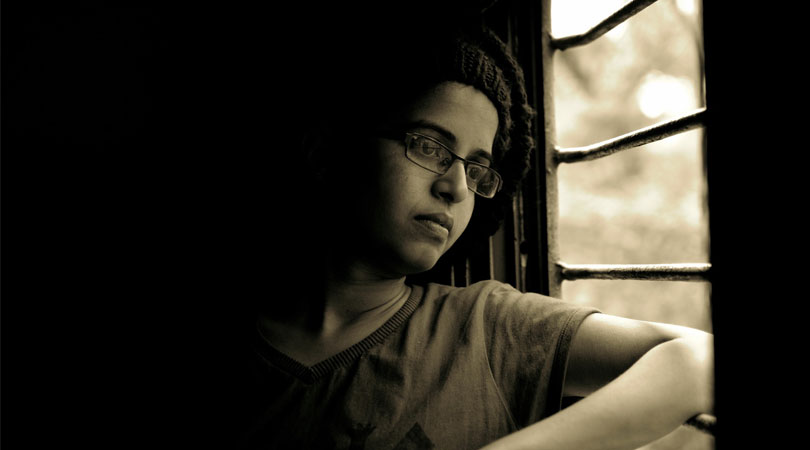
17 Jun Adolescent Anxiety After Surviving A Burn Trauma: How To Cope
Living with the aftermath of a burn trauma can be difficult to cope with, especially for young people. The physical scars may cause anxiety and depression if they are visible, and the memories of the event that caused the burn may lead to PTSD and mood disorders. It’s imperative for these young survivors and their parents to learn how to cope with those feelings and find ways to make life a little easier.
Fortunately, there are several ways to accomplish this. Getting healthy, finding support from a counselor or other burn survivors, and learning how to deal with anxious feelings when they occur are the first steps toward coping in a positive way.
Here are some of the best tips on how to get started.
Find support
Being a survivor of a trauma can make an individual feel alone or isolated; it can lead to feelings of depression and a loss of interest in things they once enjoyed. It’s important, then, to find support from other survivors, from counselors and therapists, and from friends and family. Look online for support groups and consider seeking help from a trained counselor at school who will be available to talk to your child when feelings of anxiety occur.
Surviving a burn can be difficult in many different ways. There are physical and psychological aspects, but it also takes an emotional toll, especially if the burn is visible. While there is nothing that can be done about how people react to the burn in public, it’s important to understand that having the love and support of family and friends can do wonders when it comes to building up self-esteem. This is what leads to confidence and helps survivors stay calm in the face of curiosity.
Build up strength
Daily exercise is one of the best ways to combat anxiety, but it may prove difficult just after a burn injury. It’s imperative for your child to heal properly and learn the best ways to move without pain, as there may be some limitations. Talk to your child’s doctor to find out what exercises are best to build up strength and stamina, as these can also help improve self-esteem and confidence.
Talk about fire safety
Your child may have symptoms of PTSD, or post traumatic stress disorder, following the trauma. This is only natural, but the disorder can lead to depression and can make it difficult for an individual to function as their anxiety makes them feel unsafe or on edge. Talk to your family about fire safety and get your child involved in the conversation; find out what you can do to prevent fires in the home — such as keeping electrical outlets from being overloaded, emptying the lint trap in the dryer, and refraining from leaving lit candles unattended — and lead by example. You might even have your family start their own fire safety club, wherein each member is responsible for checking different areas of the home for things like properly working smoke detectors, making sure the oven is turned off after each use, and keeping an up-to-date fire extinguisher in every room.
Coping with anxiety after a major trauma is never easy. Garner support from friends and family to help your child get through this difficult time as smoothly as possible, and don’t forget to reach out for help for yourself, too. You may feel that you need someone to talk to about what you’re going through or to get advice on how to handle it all, and there are many resources that can help.
Photo via Pixabay
About the Author
Lisa is passionate about educating people about what it’s like to move to Australia. She enjoys spreading safety and wellness advice to Aussies and those visiting Australia.
Website: http://aussiewell.net/
*AskingMums
[Any information given in articles are not intended to be a substitute for any professional medical advice or diagnosis or treatment. Always consult a medical professional concerning any questions you may have regarding medical conditions or concerns.]


